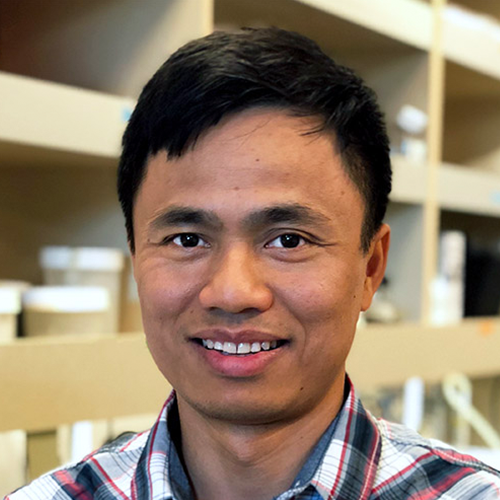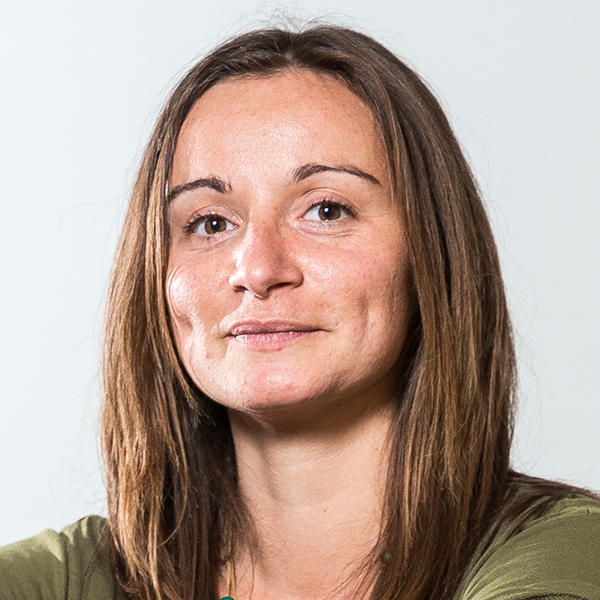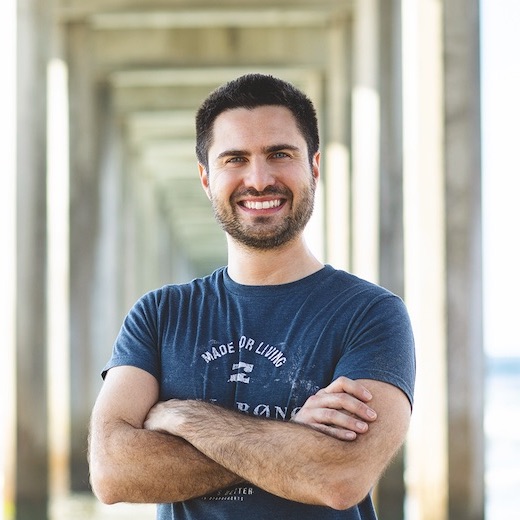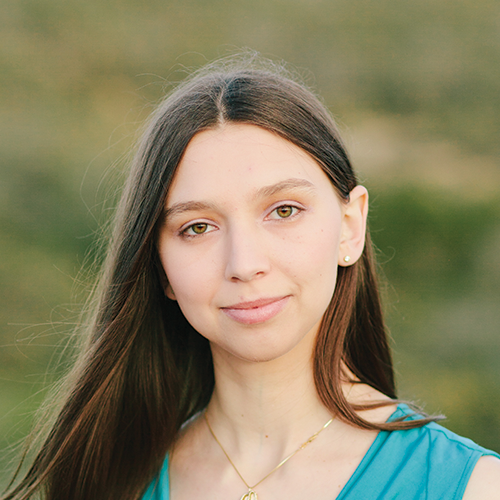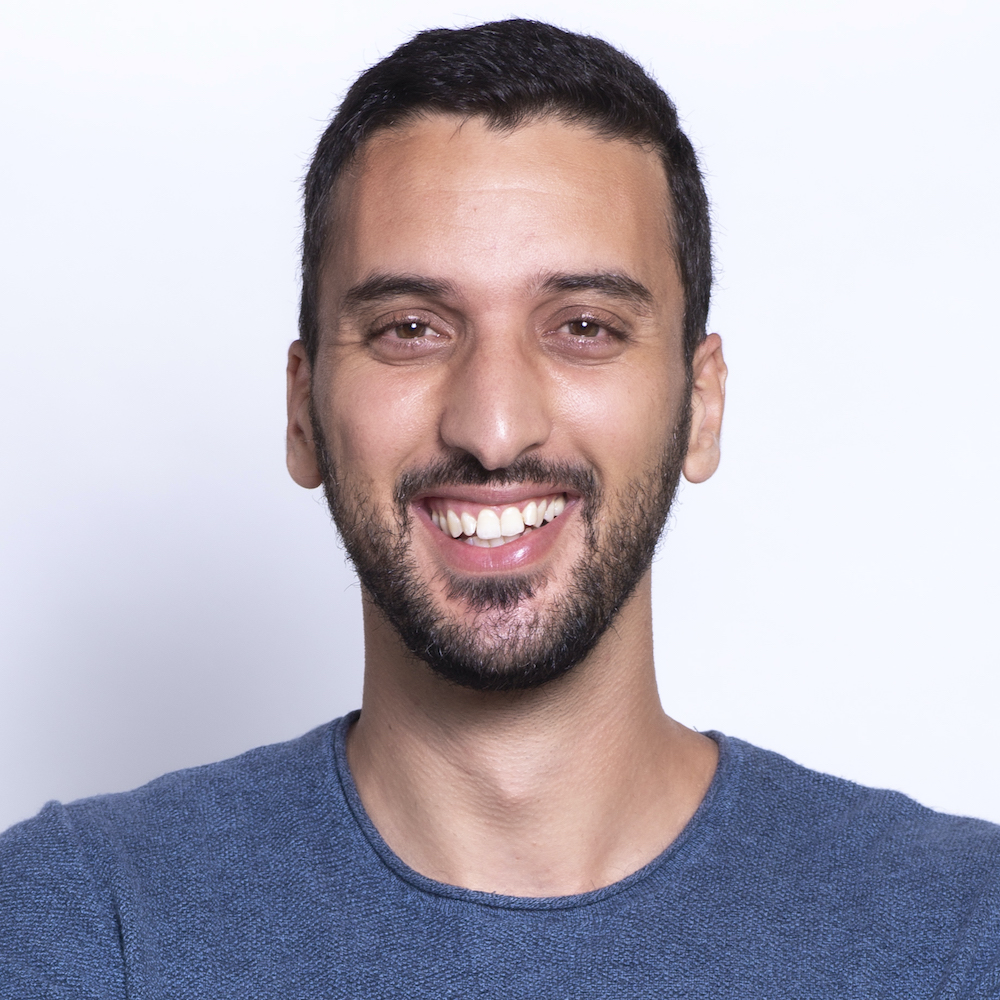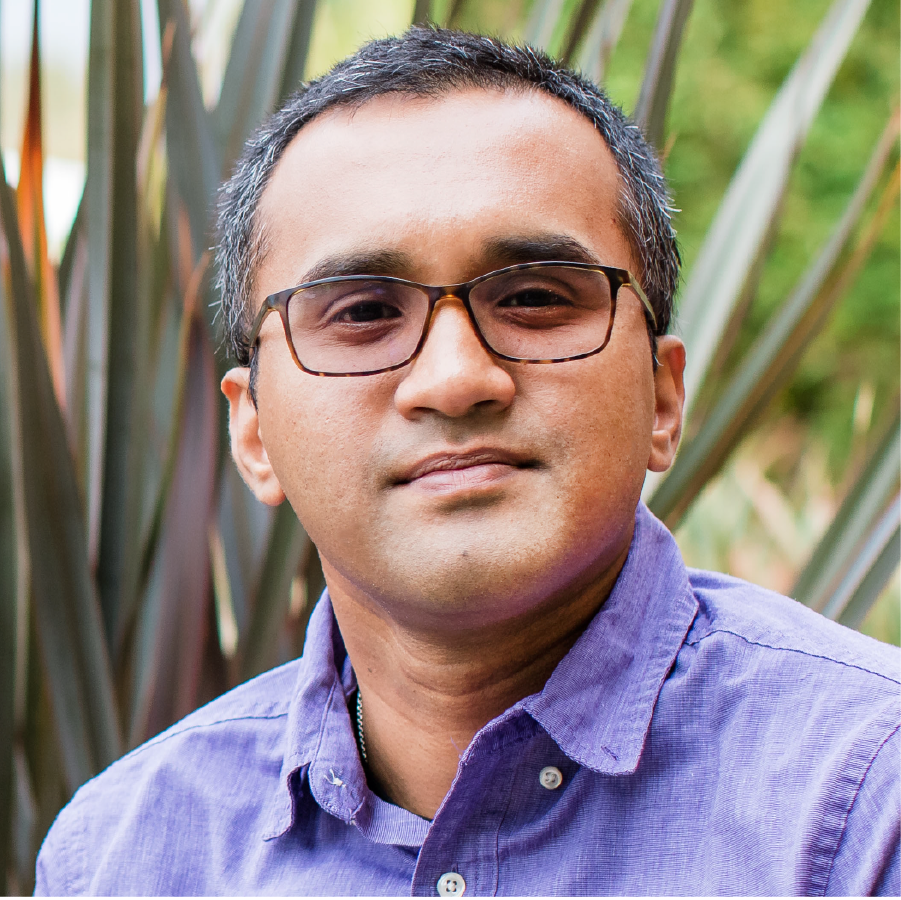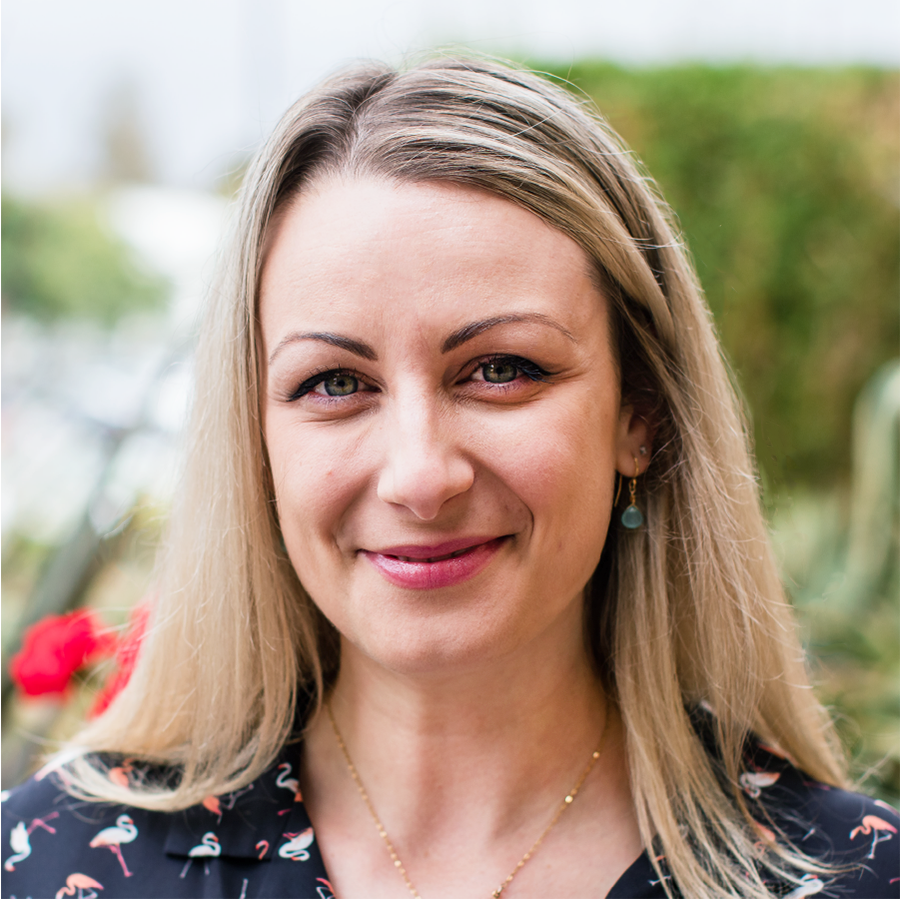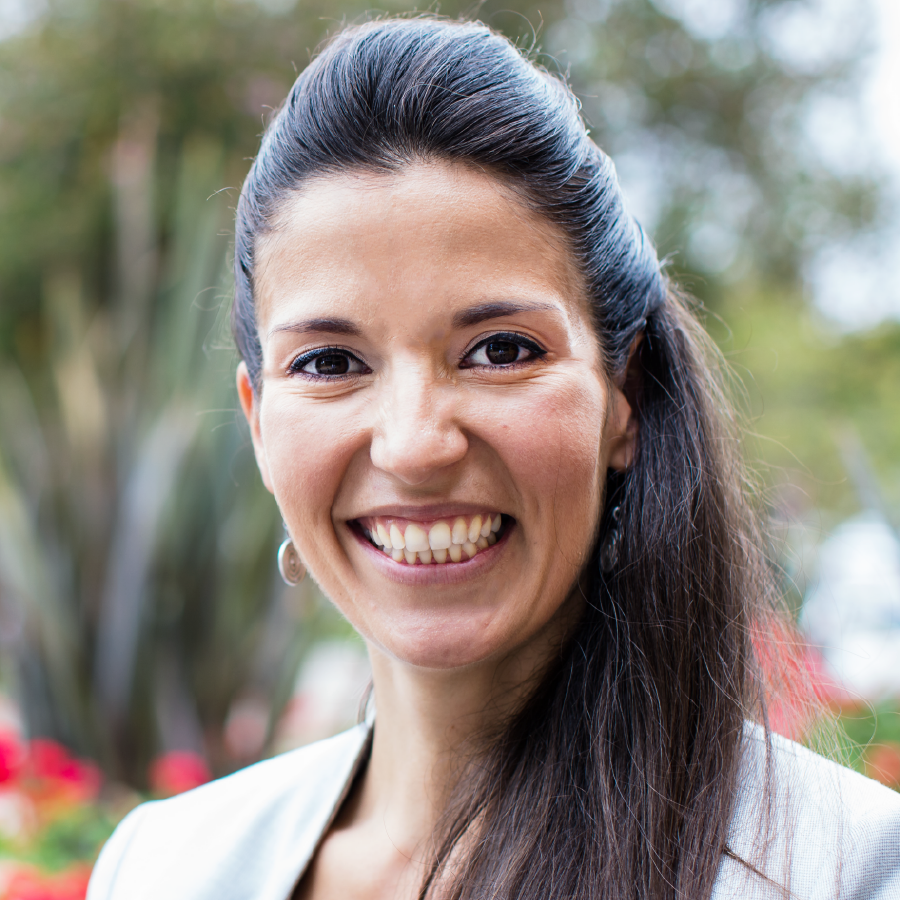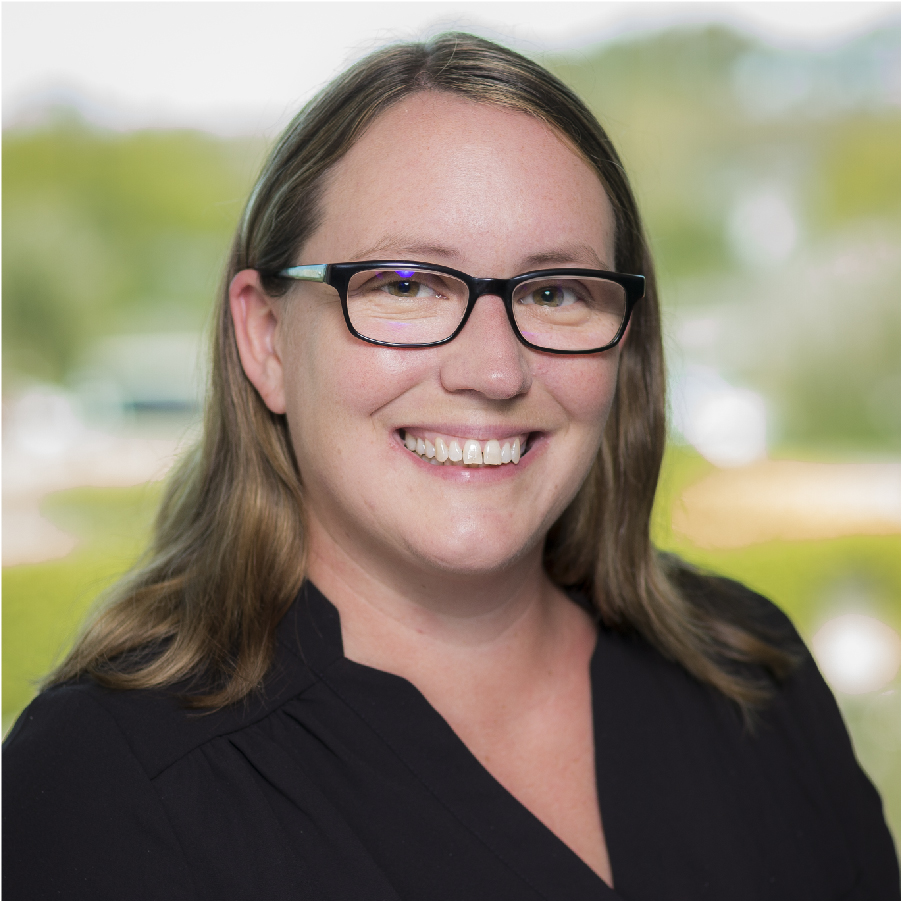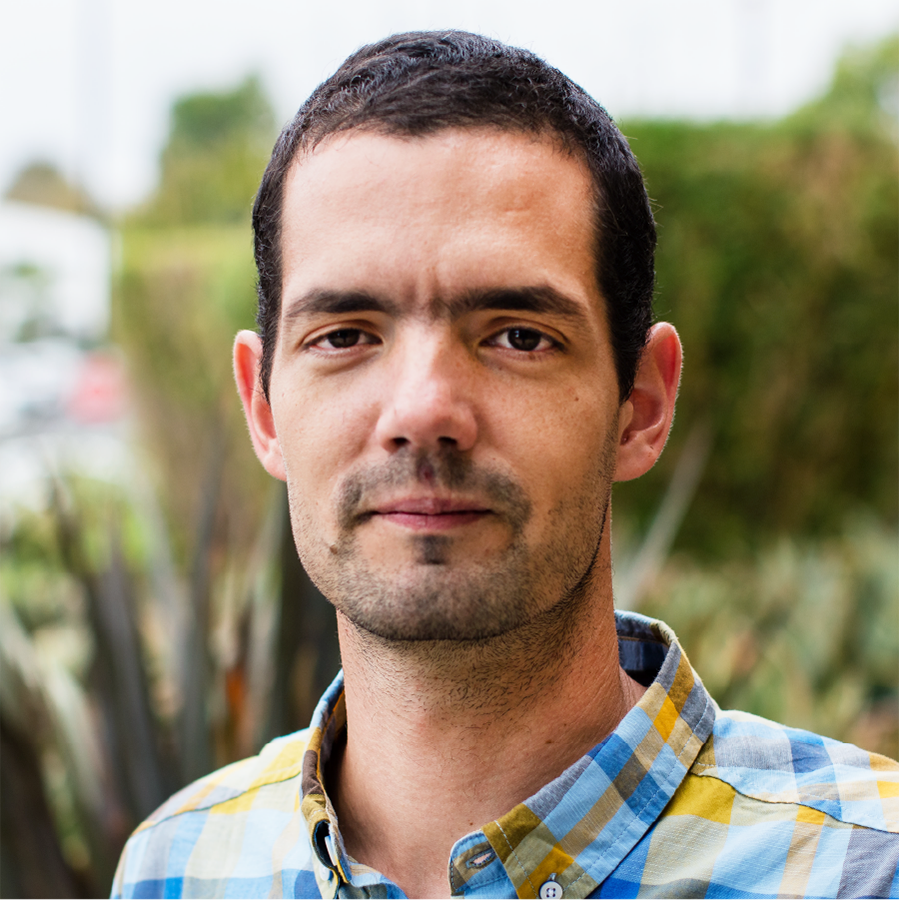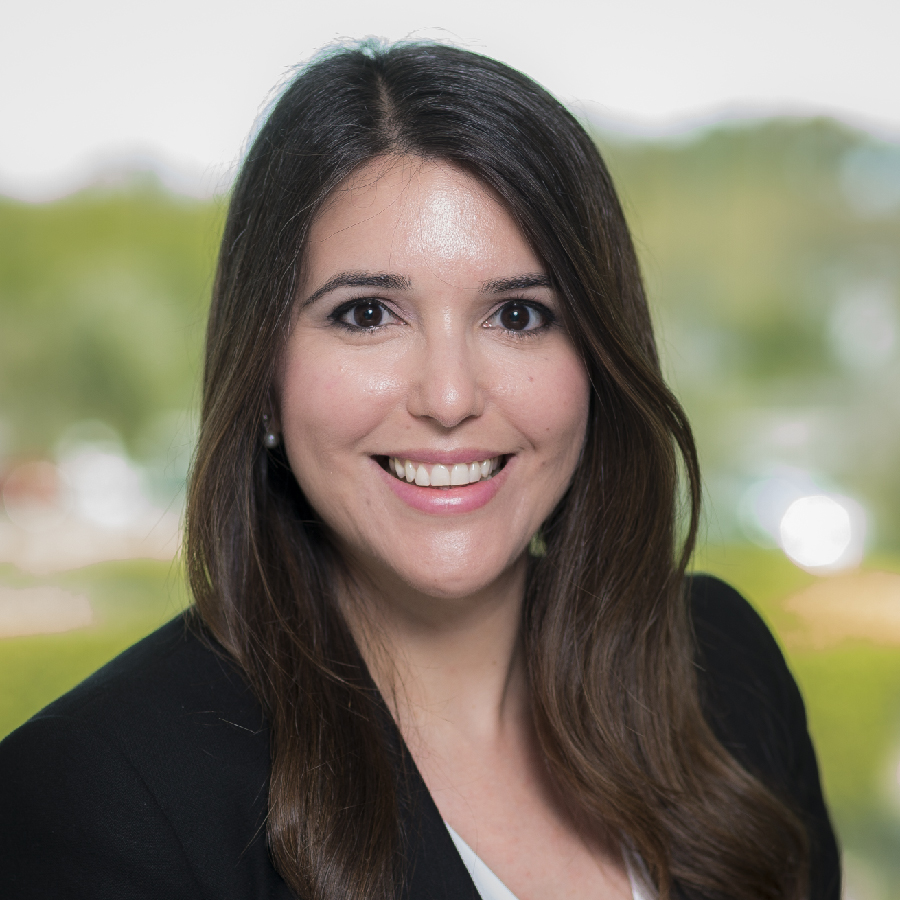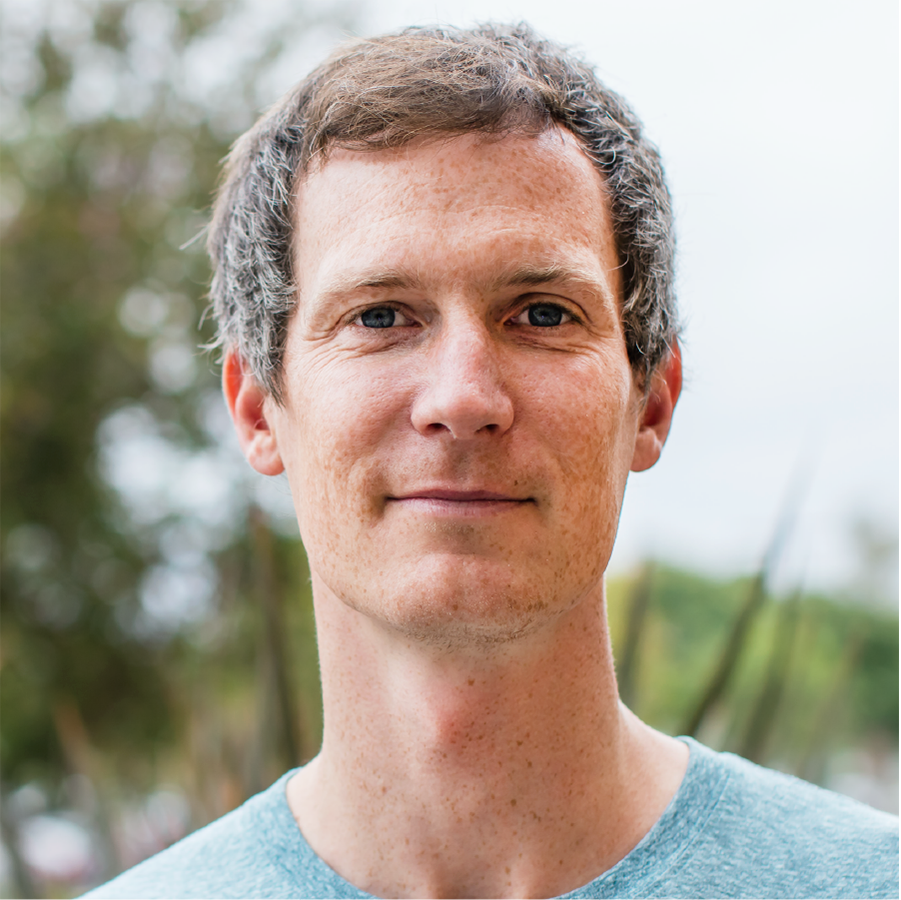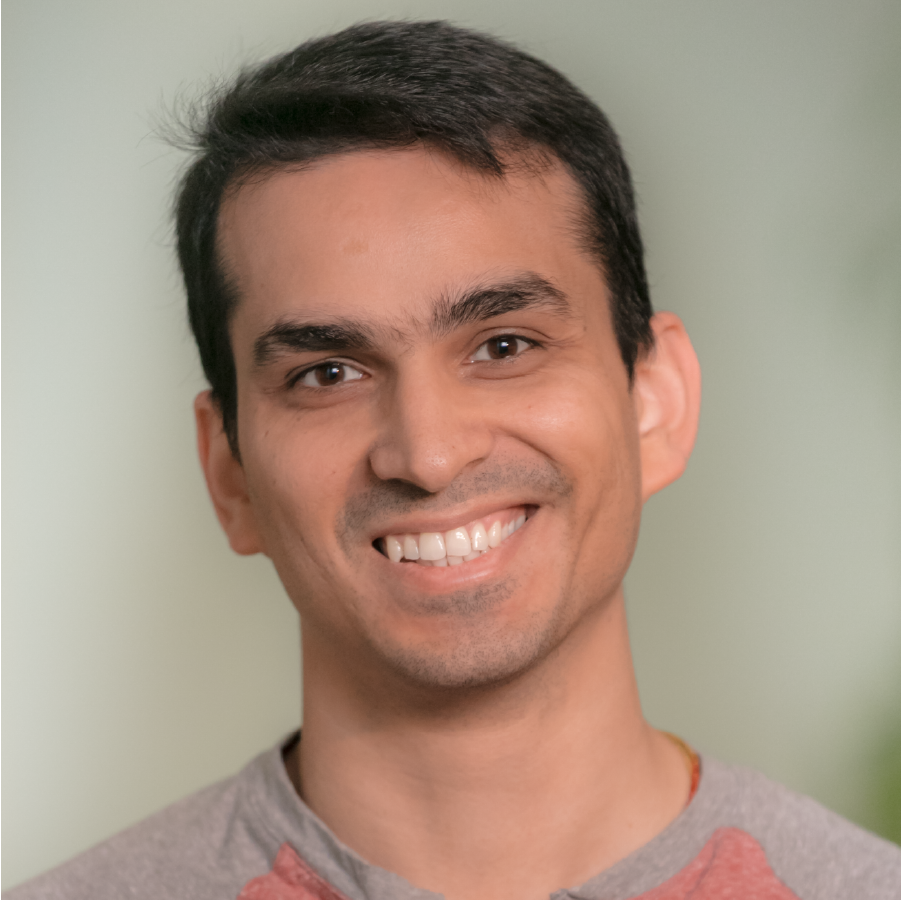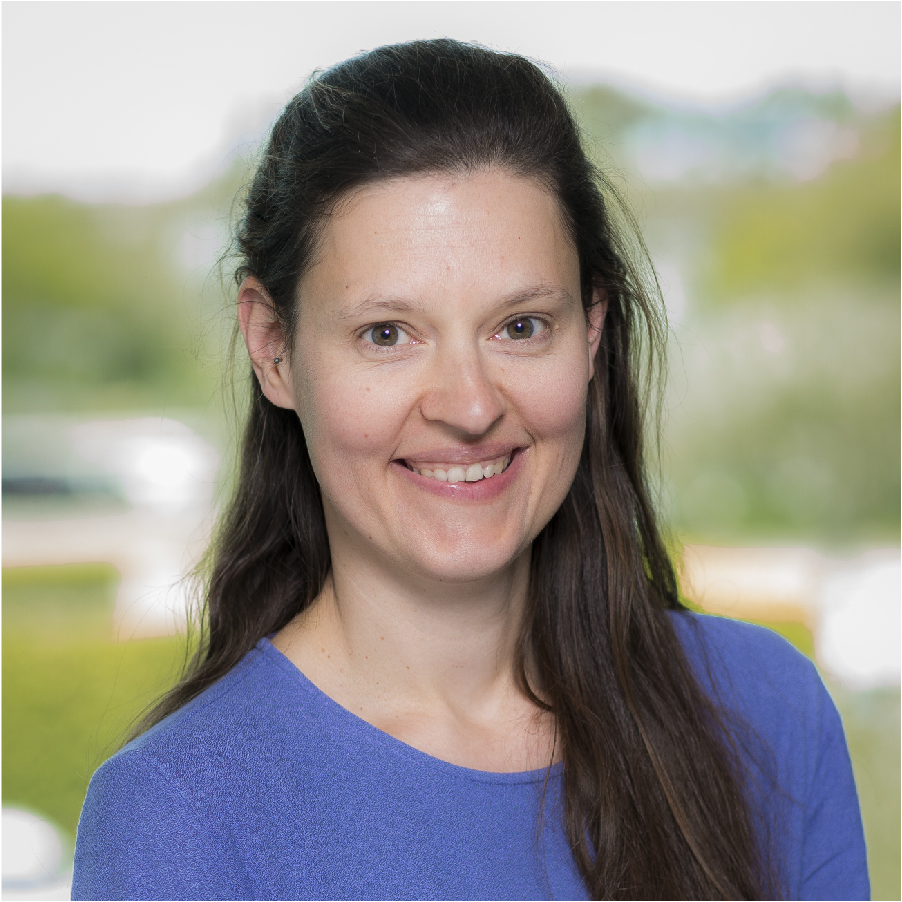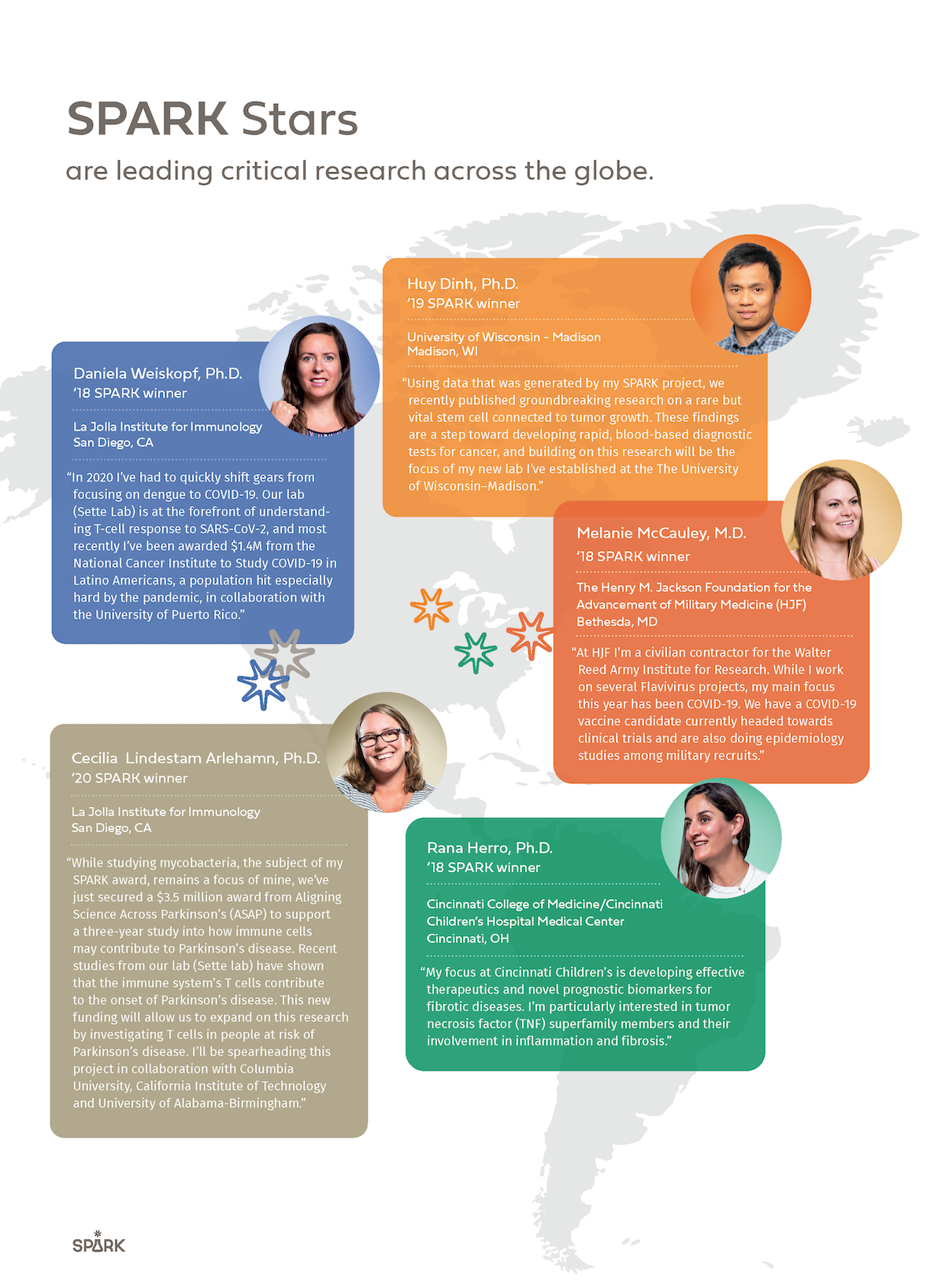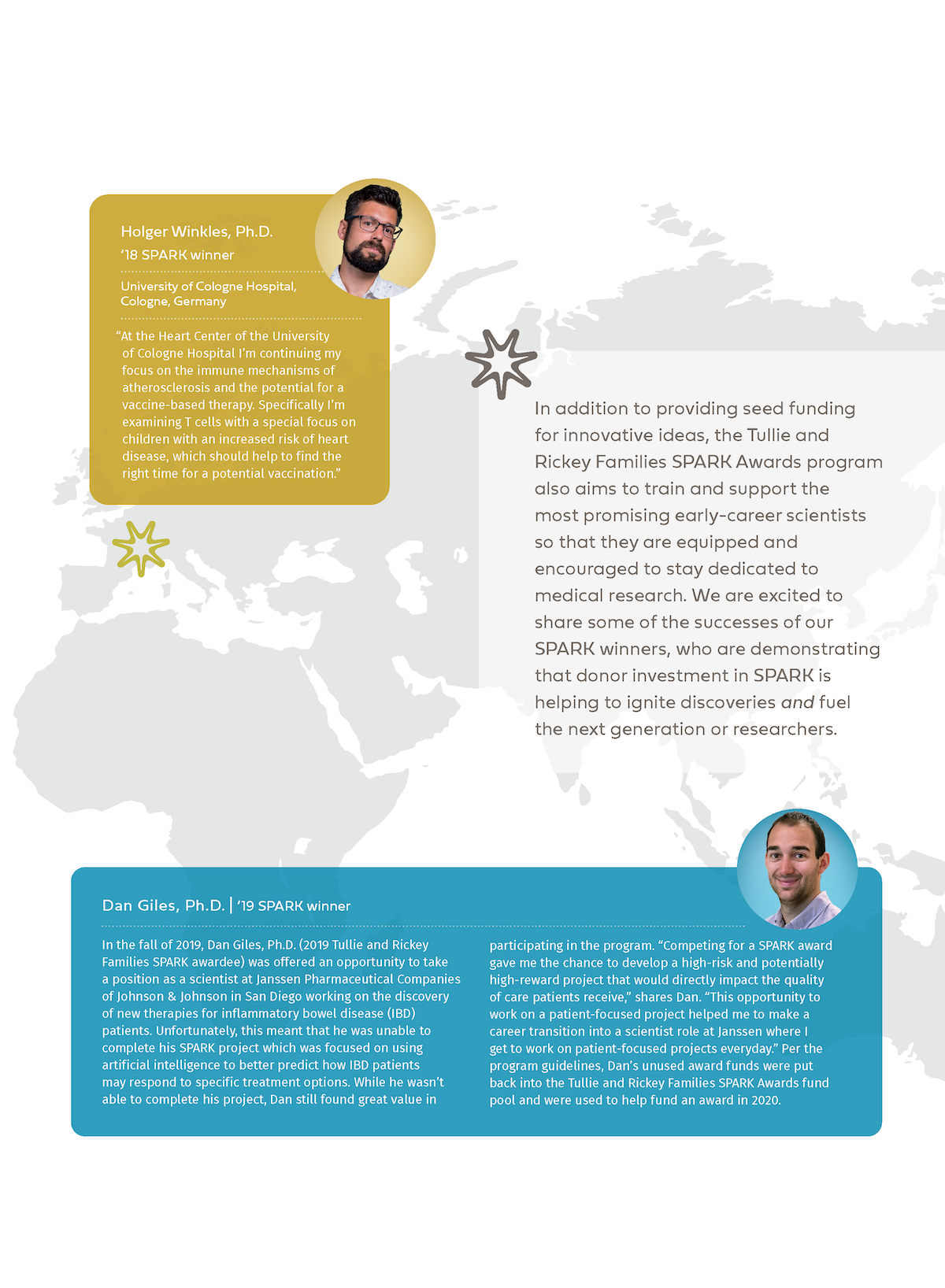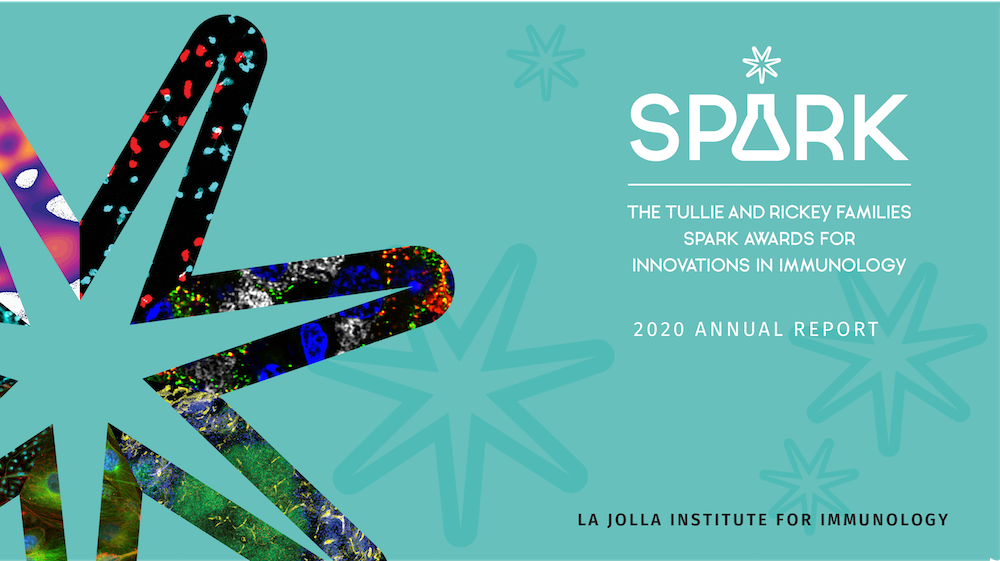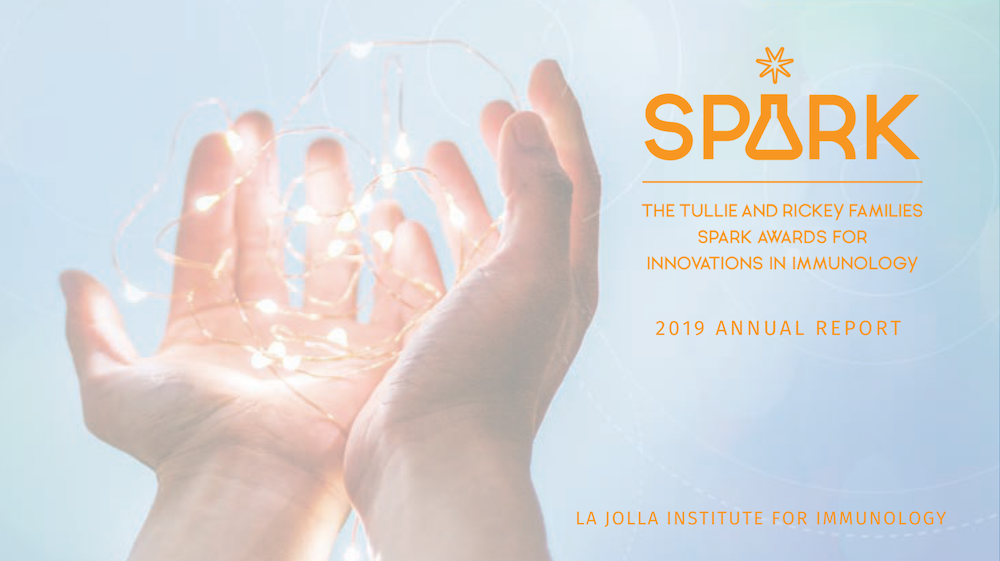Tullie and Rickey Families SPARK Awards 2020 Annual Report Introduction
Innovation doesn’t come cheap. But without proof-of-concept to convince highly competitive granting agencies to fund a daring project, many bold ideas are never put into action. This is a particular challenge for younger scientists still establishing their career. La Jolla Institute’s Tullie and Rickey Families SPARK Awards for Innovations in Immunology is designed to overcome these hurdles.
This philanthropically-financed program provides seed funding for bold new approaches to diagnoses, treatments, and possibly even cures for diseases that afflict us today. Each Tullie and Rickey Families SPARK Award is $25,000 and must be spent within one year. The goal is to enable scientists to generate enough preliminary data to attract additional funding to further their research and career.
In addition to funding cutting-edge research that will help change how we prevent and treat disease, the Tullie and Rickey Families SPARK program also trains and advances the careers of the next generation of researchers. Finalists receive coaching in how to communicate their research to the public and how to present their ideas to funders. Award winners ultimately gain experience in running an independent research project, an important career milestone.
Each year, LJI receives dozens of proposals from its postdoctoral scientists. A review panel narrows this pool down to the finalists who then have the opportunity to pitch their ideas to the public with the hopes of securing funding to pursue their projects. Since 2017, more than 150 donors (see page 22) have generously funded 23 projects, all of which have the power to transform human health and launch the career of promising researchers. We are incredibly grateful to these donors who are empowering young investigators to take risks and fill the gaps between imagination and ground-breaking discoveries.
It is our pleasure to present the 2020 Annual Report for The Tullie and Rickey Families SPARK Awards for Innovations in Immunology. This report features the results of the 2019 Award winners, provides progress updates from our 2020 winners and offers a sneak peek of our 2021 finalists. We are also honored to share the story behind the Tullie and Rickey families’ investment in the program and hope it inspires you to join them in supporting this transformative program.
TOM TULLIE AND DAVE RICKEY ON SUPPORTING SPARK
”With the level that we’re investing here, we want to fertilize something. With the SPARK program, our investment isn’t going to be the tree, but it is going to be the first branches.”
– Tom Tullie
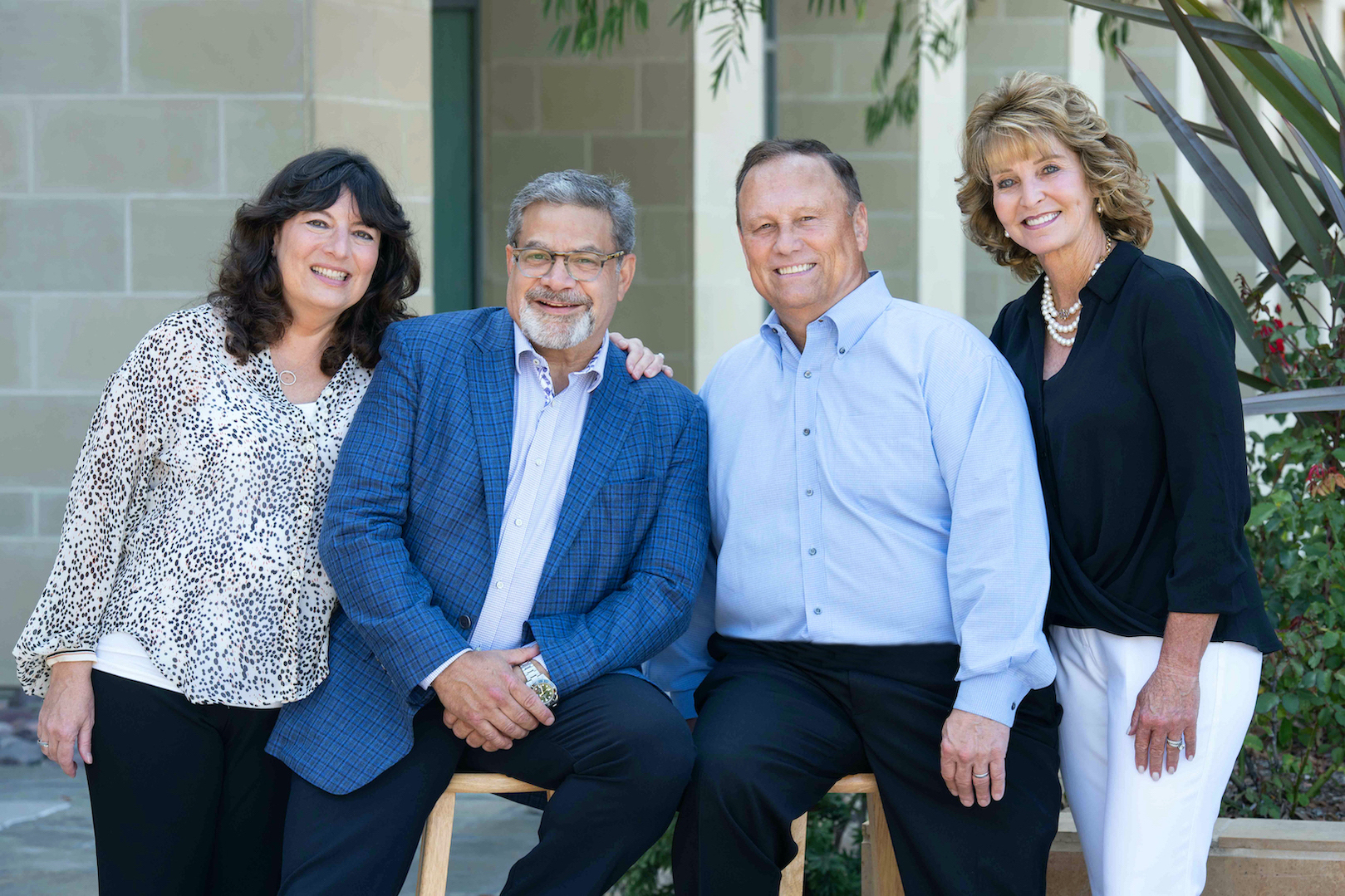
From left to right: Judy and Tom Tullie, Dave and Brenda Rickey
Q: Do you have any major takeaways from what you’ve observed since becoming involved with the program?
Tom: I’m really happily impressed. I thought there would be good work, but the reality is that there’s a higher level than what I was expecting. Not only have the research proposals all been good—they’ve been getting better. The ideas are inspiring. I’m a very cause-and-effect type guy, so I like seeing how the researchers lay out their goals and milestones. They pitch the projects, and then they see them through.
Dave: I love the concepts too. And the abstracts that I see are very relevant, very high-impact research – the applicants have picked great topics.
Q: Have the research proposals been different from what you initially expected to see?
Tom: Having seen what’s presented, I’m surprised by the range of projects. For example, we’ve had winners taking on projects on the tech side—creating the tools of analysis instead of doing the analysis themselves. Then you’ve got projects on blood cancers and projects on autoimmune diseases. It’s really different across the board. And I’ve noticed that they don’t just do research in their lab specialty, but they tie in other specialties.
Q: How does it make you feel to see past Tullie and Rickey Families SPARK Awards recipients go on to start their own laboratories or publish significant research?
Dave: It’s great. It’s what we live for. In the philanthropy world, we like to give money where there will be a return. This program is really tangible, and it’s good to see.
Q: How have you made the SPARK program a family cause?
Tom: My kids are between 18 and 22, so I’ve been bringing them into our foundation to make more decisions. This year, one of my kids is going to sit on the SPARK panel and listen to the pitches. I think this will make it more real for them to see the people actually asking for the money and explaining how they’re going to spend it. I think it will give them a more lasting relationship with philanthropy.
Dave: My wife Brenda is a big supporter as well. She and I have both enjoyed getting more involved. Last year was our first opportunity to sit in and review the pitches and meet the finalists. And we got to celebrate with the winners and their families at the awards event, which was a nice way to connect.
Q: Going forward, what developments are you excited to see in biomedical research?
Dave: I would be interested in seeing even more SPARK projects related to autoimmune disease. This is an exciting field and it touches everything.
Tom: I’m excited to see more research into vaccines for blood cancer. It’s interesting to see researchers look outside their field and come up with new strategies to treat cancer. I think that’s one of the most exciting translational efforts to come out of the Institute, and it could be a game-changer.
